The First Public Drinking Fountain
Public access to clean drinking water was an instant hit among the masses.
It wasn’t until 1859 that free, public drinking water became a “thing.”
That’s when The Metropolitan Drinking Fountain and Cattle Trough Association was established in London. Before its inception, private water companies monopolized the precious liquid, rarely providing enough of it, and what they did provide was rarely drinkable. In 1854, it was also a little heavy on the cholera, as was discovered by John Snow when he traced the epidemic to what is now lovingly known as The Broad Street Cholera Pump.
Regulation and a movement of sorts in favor of public access to water led to the government finally being able to buy out the private water companies, and the first public baths and drinking fountains began popping up in Liverpool, philanthropic citizens urged to take up the cause.
Philanthropist Samuel Gurney heard the call, and built the first fountain on Holborn Hill, a simple granite basin attached to the gates of St. Sepulchre-without-Newgate Church. Keeping a close eye on standards, it was required by the Metropolitan Drinking Fountain and Cattle Trough Association that “no fountain be erected or promoted by the Association which shall not be so constructed as to ensure by filters, or other suitable means, the perfect purity and coldness of the water.”
Well, the fountain and its refreshing purpose became instantly popular, and soon 7,000 people were stopping by for a drink every day. Clearly, the demand was high, and more fountains popped up, as many as 85 in the next six years. There was some funding by donation, but Samuel Gurney footed most of the bill.
The Gurney’s original fountain includes two cups chained for drinking. The new drinking fountain idea took off from there and went on to include elaborate wells designed by leading architects of the day. It was moved from the gates of St Sepulchre-without-Newgate Church in 1867 when the Holborn Viaduct was built, but reinstated in 1913 where it remains to this day.
Know Before You Go
The fountain is on the corner of the church railings between Giltspur Street and Holborn Viaduct. It's accessible at any time.




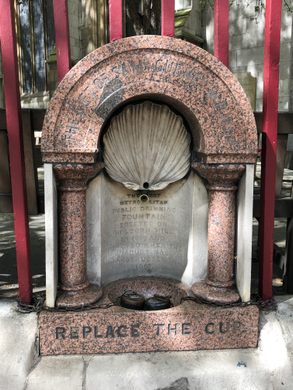

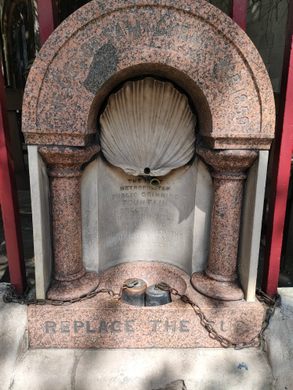
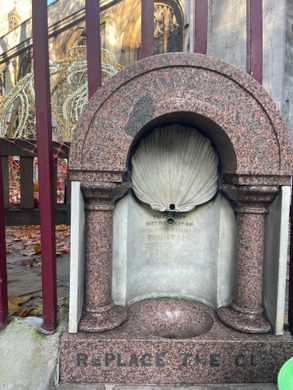
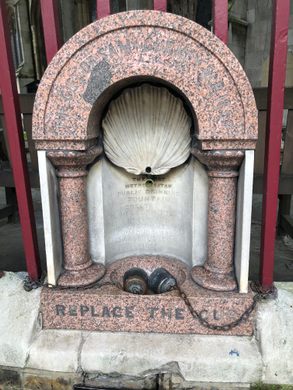

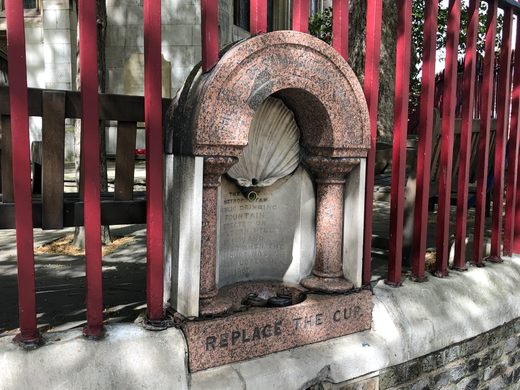


















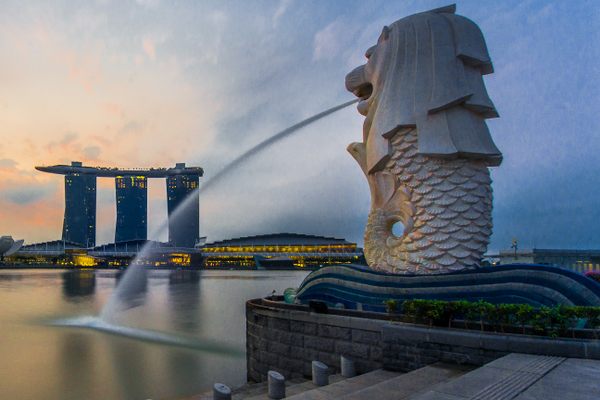

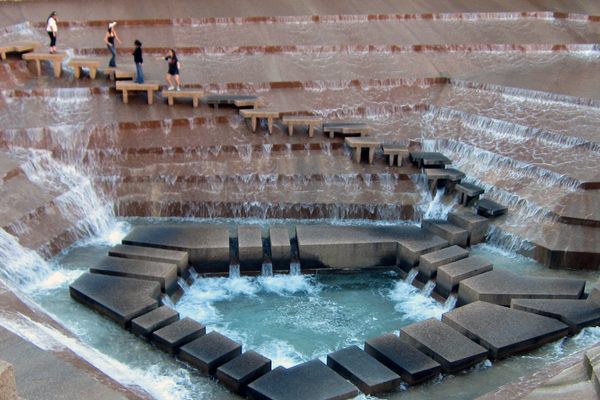


Follow us on Twitter to get the latest on the world's hidden wonders.
Like us on Facebook to get the latest on the world's hidden wonders.
Follow us on Twitter Like us on Facebook